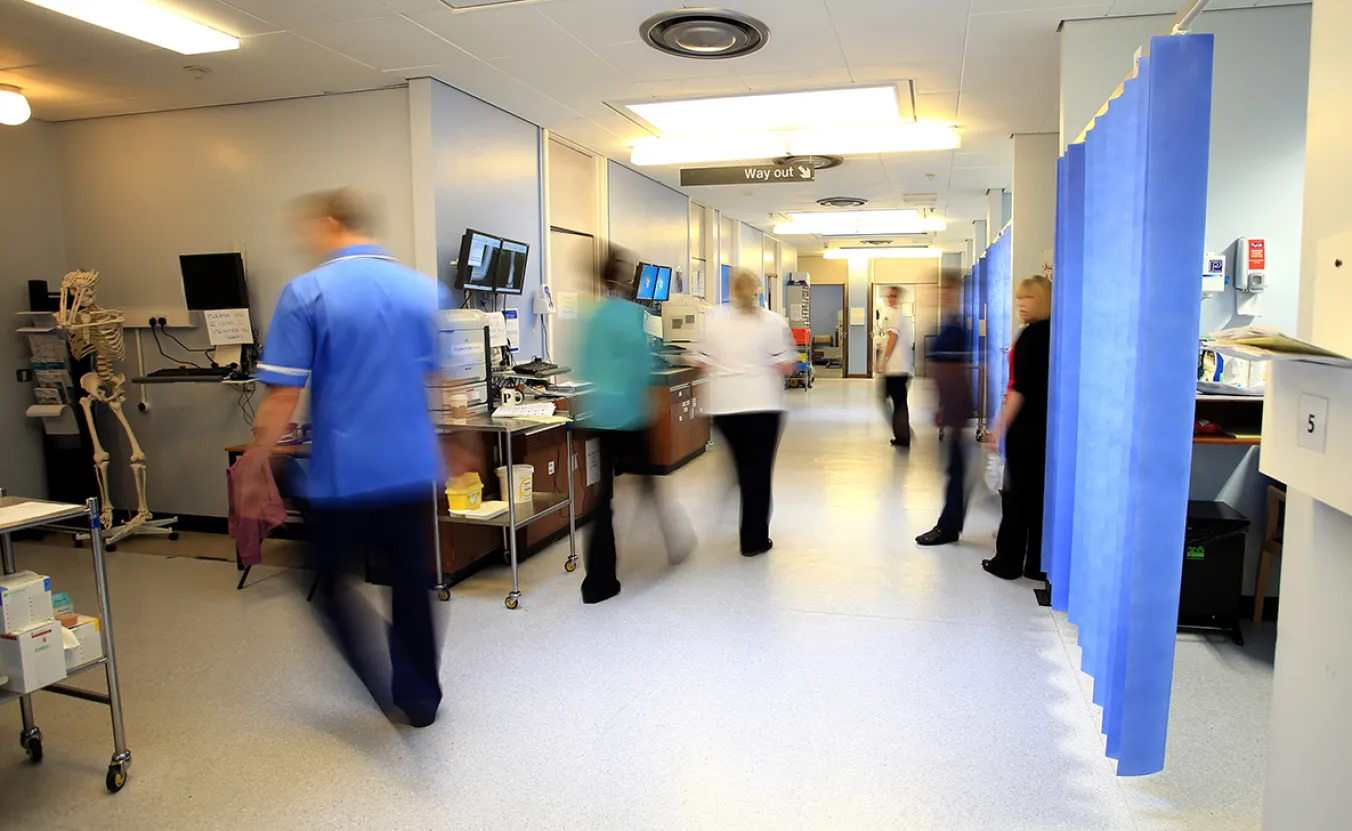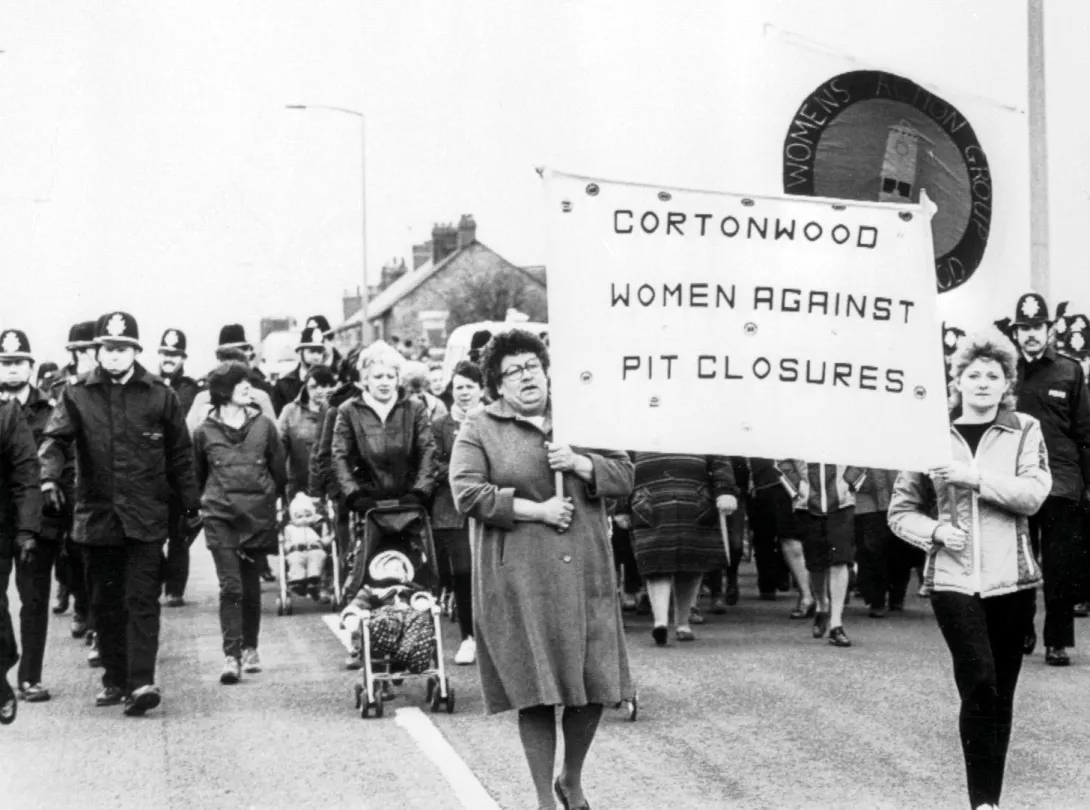Cygnet – a long track record of poor performance
SOLOMON HUGHES shines a light on the US privateer that’s failing to provide safe care to vulnerable mental health patients in services that the NHS is paying millions for

LAST month I wrote about Cygnet, the US-owned private health firm that sells mental health beds to the NHS.
An inquest jury had just ruled that a patient who collapsed at their Cygnet Kewstoke hospital, dying soon after, received “gross failures” in her care.
The inquest jury found the “understaffed” Cygnet hospital failed to spot the danger of the patients wildly excessive water-drinking, driven by her poor mental health, which preceded her seizure and death.
More from this author

By spreading race-based conspiracy theories, the billionaire tycoon turned right-wing provocateur has been seriously undermining the case against those who really did let victims of the grooming gangs down, writes SOLOMON HUGHES

Supposedly top journalists and commentators are suddenly reversing their earlier proclamations that our Labour PM is terrific, and are now saying he’s crap. SOLOMON HUGHES has a shrewd idea why

Behind a facade of flimsy restrictions, the man who was Tony Blair’s privatisation champion is back in an advisory role, despite the fact he already works for firms that will profit from the selling off of the NHS, writes SOLOMON HUGHES

Despite mainstream political podcasts drowning in centrist drivel, Labour Left Podcast offers an authentic grassroots perspective from decades of working-class struggle and resistance, writes SOLOMON HUGHES
Similar stories

SOLOMON HUGHES shines a light on Cygnet Healthcare and its parent company Universal Health Services

Banners will be raised in Durham on Saturday to celebrate the Women Against Pit Closures movement. PETER LAZENBY reports











